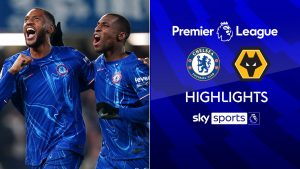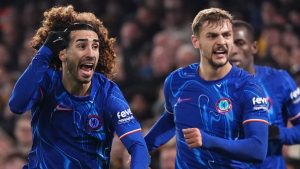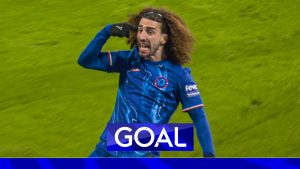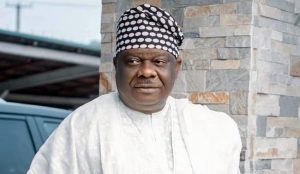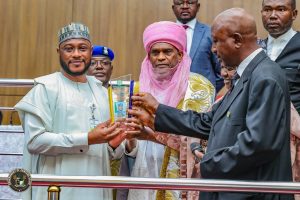2 convicted in college basketball corruption trial


NEW YORK (AP) — An aspiring sports business manager and an amateur basketball coach were convicted of bribery conspiracy Wednesday at a trial that showed top college coaches were paid off to steer NBA-bound athletes to favored handlers.
The verdict capped the two-week trial of Christian Dawkins and youth basketball coach Merl Code in a case that forced the NCAA to confront corruption affecting basketball players at some of its elite programs.
The pair were convicted on a conspiracy count, but acquitted of some other charges.
The end came just days after Dawkins took the witness stand and denied that he bribed anyone. He testified that an informant and undercover FBI agents, who were posing as investors in his fledgling management company, had tried to get him to pay bribes, but he refused.
In closing arguments, a prosecutor said Dawkins lied to the jury.
The prosecution revealed how financial advisers and business managers allegedly paid tens of thousands of dollars to assistant college coaches and athletes’ families to steer highly regarded high school players to big-program colleges, sometimes with the help of apparel makers. The bribes also secured the allegiance of players to certain financial advisers, managers and even a tailor.
Prosecutors say video and audio evidence was overwhelming that Dawkins and Code eagerly embraced the scheme in 2016 and 2017. Code was a Clemson point guard in the 1990s who later developed college basketball contacts working for Nike and Adidas.
Four former assistant basketball coaches pleaded guilty to bribery conspiracy without a trial and await sentencing.
They include Emanuel “Book” Richardson , who was an assistant at Arizona when he was arrested in 2017, Chuck Person , who was an assistant at Auburn University, USC assistant coach Tony Bland and assistant coach Lamont Evans at Oklahoma State. Previously, Evans had coached at South Carolina.
The second trial to result from the arrest of 10 individuals featured some surprises, including claims that some bribes were paid to ensnare NFL-bound athletes at major schools.


